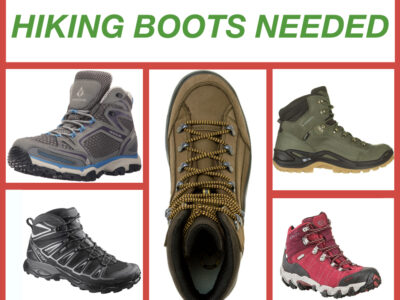Report From the Stage
Recovery Beyond staff member, Jenn Boudreau, competed at the recent 40th Anniversary Emerald Cup Bodybuilding & Fitness Expo. Jenn, a seasoned bodybuilding competitor, was no stranger to the Emerald Cup.
After three thwarted attempts at joining the competition due to injury, pregnancy, and coaching, the 2017 Emerald Cup was previously her final appearance in the bodybuilding arena. “I’ve never put so much effort into anything in my life,” says Jenn, “Before, if I didn’t win my world was shattered. Now, my self worth is no longer tied to my placing.”
Bodybuilding helped Jenn maintain her substance use recovery. The gym was a space where she was surrounded by others who weren’t focused on drinking. “My first attempt at prep was my first attempt at sobriety as well,” she explains.
Growing Through the Years
Prior to taking the stage, the 2022 Emerald Cup proved different from previous years competitions.
As Jenn prepared to go before the judges, she noticed a shift in her mentality, “I think when I was younger, I was always fighting with my body and felt like I was trying to ‘punish’ it to get it to do what I wanted. This prep was more like coaxing it, and trusting that it was going to get there, even in the first few weeks of prep when I was still adding muscle so I didn’t see the scale move.”
This mindset translated to the competition stage. In previous years, Jenn struggled with the ever-changing standards of perfection. Bodybuilding judging is subjective. Competitors train to look a certain way, then might find the judges prefer a different body-type all together.
Striving for contrasting versions of the perfect physique took a toll on Jenn, “After so much internal turmoil of never being enough or never being good enough, and an injury, I put up my heels. Going on stage this time [in the 2022 Emerald Cup] I was in love with my body, I didn’t care how I measured up against the other girls, and I didn’t see one person who made me feel like I wasn’t good enough. I felt this not because everybody else wasn’t competitive or in shape, I just really liked my body and it had come through for me exactly on time, performed exactly how I needed it to and I was grateful for it.”
Overlap of Recovery and Training
Recovery Beyond is proud of the determination, commitment, and intention Jenn puts into all areas of her life. T
here are parallels between recovery from substance use disorders (SUDs) and training for a fitness event; it takes time, it can be painful, and it can be hard to trust the process.
Jenn explains, “Recovery from SUD requires that you do things that are uncomfortable, you have to force yourself to do things when you don’t feel like doing them and when it might even hurt to do them. Fitness, training for something in particular, is very good practice for the things you need to do to recover. You have to follow a workout plan/treatment plan. It hurts sometimes in the beginning (early sobriety is often painful) and you are sore and tired afterwards (completing the 12 steps or talking with a peer support counselor can have a similar effect emotionally you feel raw and exhausted).
The biggest difference is that fitness has tangible, measurable and visible results. You can see the transformation occurring and you get stronger and daily activities become easier.
When you realize that you can push through the pain, and the results are beyond what you ever thought you could obtain, a confidence and sense of pride or accomplishment develops. This often translates into other walks of life.
It’s easier for someone who has trained 16 weeks for something and knows that the results at the end of it are phenomenal, to push through the pain of recovery steps, where often there are no visible results, and trust that at the end of 16 weeks they will have accomplished something worth the pain.”



